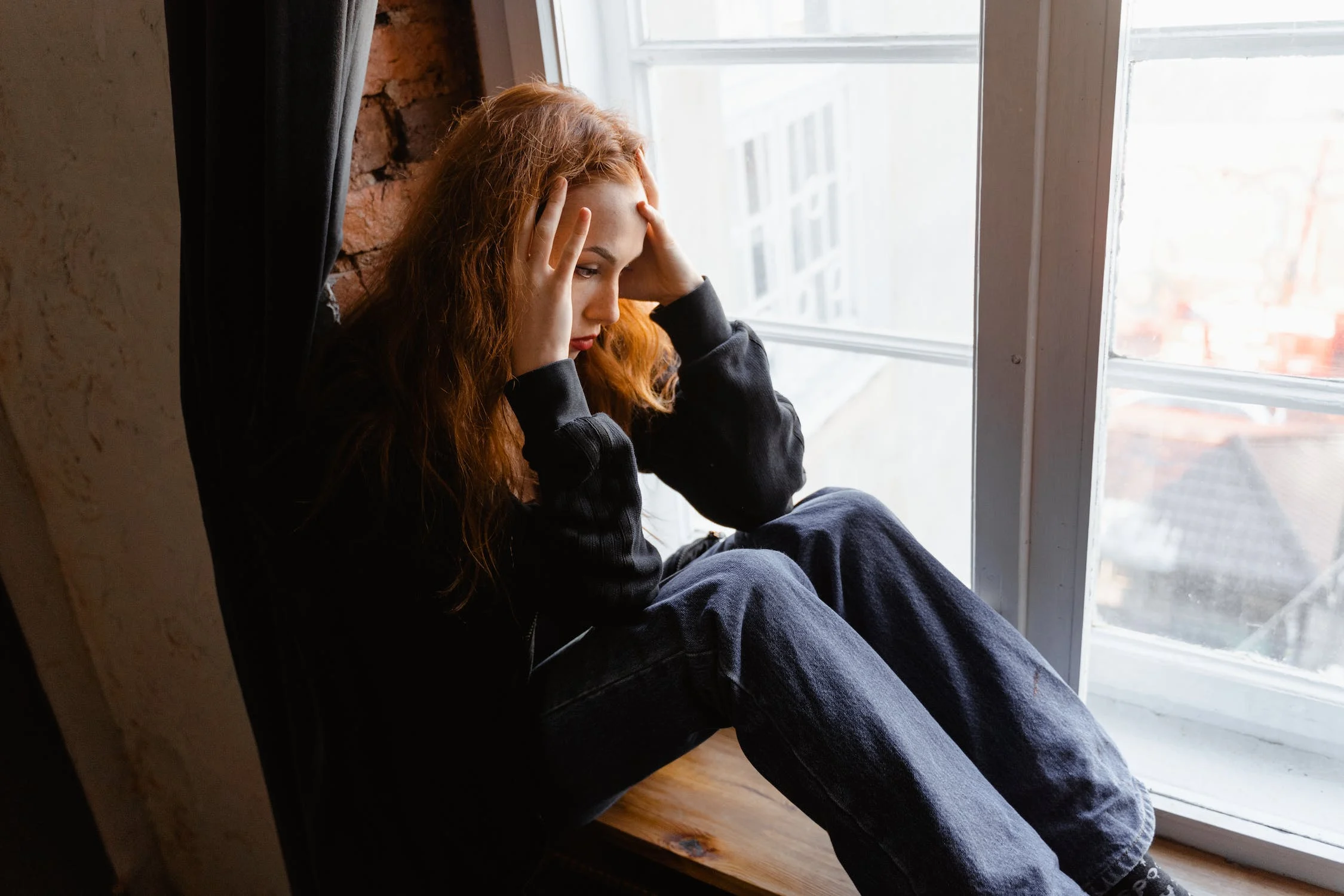Are you one of the many people who feel tired, glum, anxious or unfocused as the days get shorter? Does it feel like depression hits you at the same time every year? You might be dealing with Seasonal Affective Disorder.
What Seasonal Affective Disorder Means
Seasonal Affective Disorder, or SAD, is an old name for what is officially called “Major Depressive Disorder with seasonal pattern.” It’s not really a disorder in its own right, just a subtype of depression. But SAD can also happen to some folks who actually have bipolar disorder, so I’m using the old name here.
If you have SAD, then at certain times of year you’ll consistently get depressed. Depressive symptoms might include sadness, fatigue, low energy, hopelessness, social withdrawal, difficulty focusing, and irritability. You might also feel worthless, guilty, or not be able to enjoy things you used to. Some people may gain or lose a lot of weight, have difficulty sleeping, or even have thoughts of hurting themselves. The symptoms last for at least two weeks, so longer than a mood swing.
The most common SAD pattern is for depressive symptoms to start in the fall or early winter, and end in the spring. But other patterns are possible. A few people get SAD symptoms in the summer, which end in the fall.
Why Does Seasonal Affective Disorder Happen?
Scientists are still trying to figure that out. Our best guess so far is that it’s related to sunlight exposure. Sun exposure produces endorphins in our bodies, while lack of sunlight increases your risk of Vitamin D deficiency, which in turn raises the risk of depression. Low sunlight may also influence your levels of serotonin, melatonin, and other chemicals in your brain. However, this doesn’t explain why some people get SAD in the summer.
What You Can Do
Many people with SAD say that light therapy helps their symptoms. You can do this yourself at home. Go outside every day, even if it’s cold and cloudy. Indoors, you can also use a lamp designed for bright light therapy to mimic sunlight, or simulate dawn arriving earlier with a gradual wake up light.
Most coping skills for other forms of depression are also effective for SAD. Regular exercise, eating nutritious food, and getting eight hours of sleep each night can make your body better at resisting SAD. It’s also very helpful to find a balance between productivity and leisure time. You need to stay active enough to keep your routine going, but without exhausting yourself.
If your SAD is persistent, or if you think you may be dealing with major depressive disorder or bipolar disorder, you may want more support. A therapist can develop more personalized coping tools and prevention strategies with you. A psychiatrist can prescribe antidepressant medication if needed. If you think one of these options may be right for you, feel free to reach out to me.


